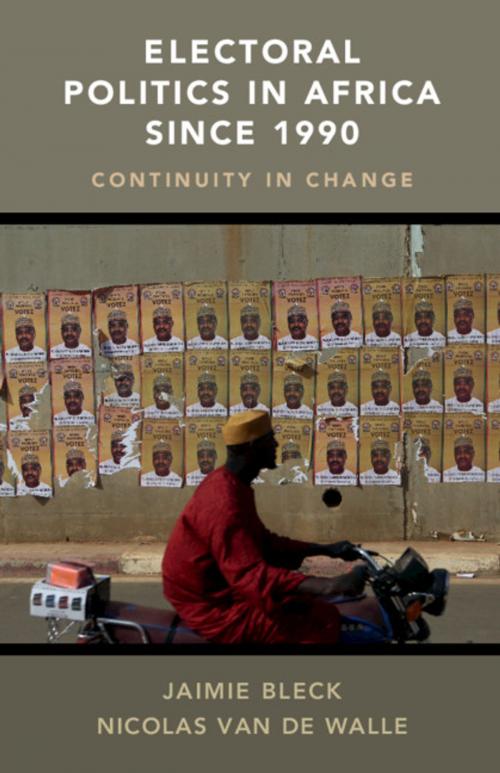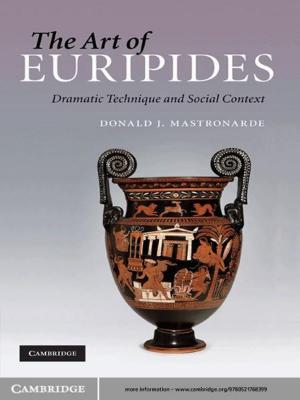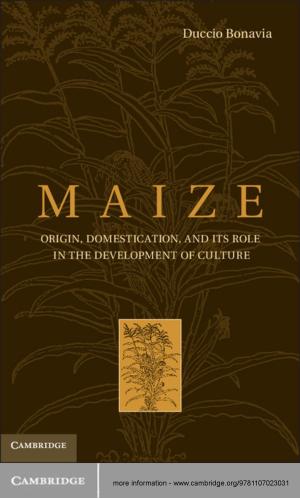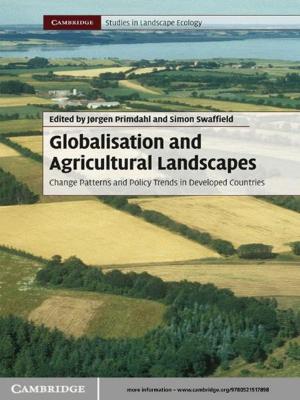Electoral Politics in Africa since 1990
Continuity in Change
Nonfiction, Social & Cultural Studies, Political Science, International, Foreign Legal Systems, Government| Author: | Jaimie Bleck, Nicolas van de Walle | ISBN: | 9781108680622 |
| Publisher: | Cambridge University Press | Publication: | November 29, 2018 |
| Imprint: | Cambridge University Press | Language: | English |
| Author: | Jaimie Bleck, Nicolas van de Walle |
| ISBN: | 9781108680622 |
| Publisher: | Cambridge University Press |
| Publication: | November 29, 2018 |
| Imprint: | Cambridge University Press |
| Language: | English |
Democratic transitions in the early 1990s introduced a sea change in Sub-Saharan African politics. Between 1990 and 2015, several hundred competitive legislative and presidential elections were held in all but a handful of the region's countries. This book is the first comprehensive comparative analysis of the key issues, actors, and trends in these elections over the last quarter century. The book asks: what motivates African citizens to vote? What issues do candidates campaign on? How has the turn to regular elections promoted greater democracy? Has regular electoral competition made a difference for the welfare of citizens? The authors argue that regular elections have both caused significant changes in African politics and been influenced in turn by a rapidly changing continent - even if few of the political systems that now convene elections can be considered democratic, and even if many old features of African politics persist.
Democratic transitions in the early 1990s introduced a sea change in Sub-Saharan African politics. Between 1990 and 2015, several hundred competitive legislative and presidential elections were held in all but a handful of the region's countries. This book is the first comprehensive comparative analysis of the key issues, actors, and trends in these elections over the last quarter century. The book asks: what motivates African citizens to vote? What issues do candidates campaign on? How has the turn to regular elections promoted greater democracy? Has regular electoral competition made a difference for the welfare of citizens? The authors argue that regular elections have both caused significant changes in African politics and been influenced in turn by a rapidly changing continent - even if few of the political systems that now convene elections can be considered democratic, and even if many old features of African politics persist.















